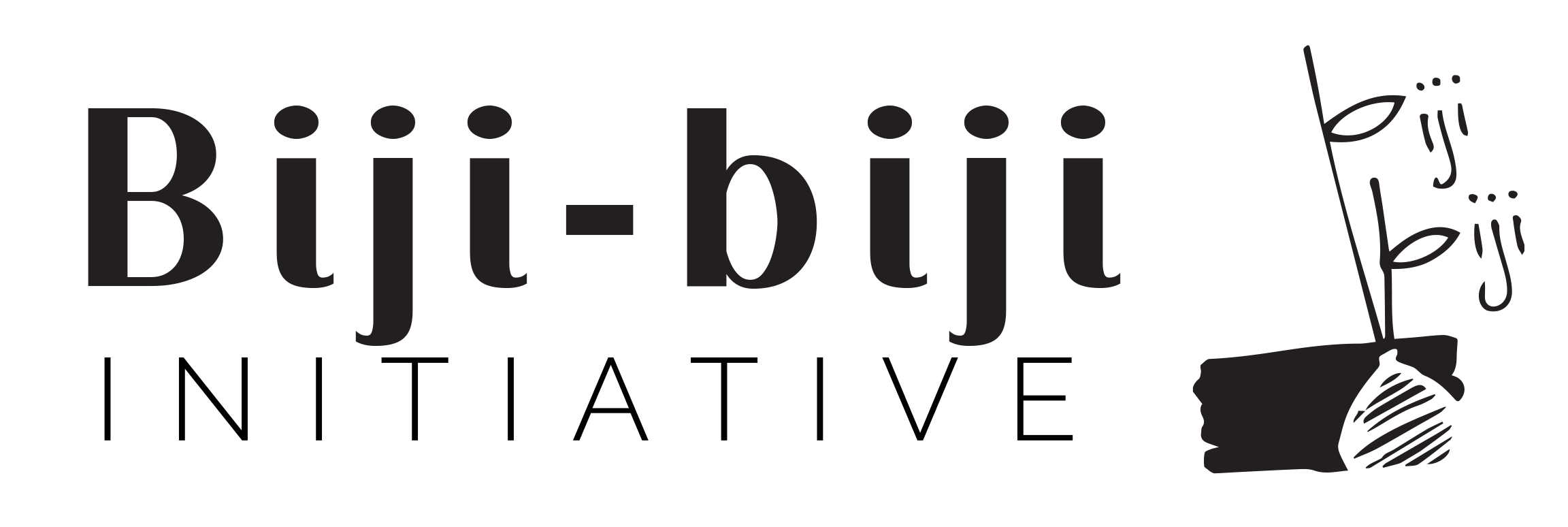According to The Straits Times, the unemployment rate in Malaysia has reached 4.7% as of July 2020, with fresh graduates being in direct competition to experienced workers to have lost their jobs due to COVID-19.
The numbers associated with unemployment are becoming more worrying, leading to youths becoming less confident about their future.
Building experience and expertise through gigs
Lack of experience seems to be the root of this problem.
If you don’t have enough experience, you can’t get a job. However, without a job, how are you supposed to gain experience?
How do you release yourself from this vicious cycle?
This is why many youths are choosing to carve their own paths out through the gig economy.
Due to the influence of the gig economy, career trajectories in the coming decade will look nothing like the ways undertaken by workers in the 2000s.
On-demand contract work has blown the entryways open for youths in various industries to capitalize on their entrepreneurial potential through harnessing the gig economy.
Shifting trends in job opportunities for the youths
The demands and desires youths seek from employers have evolved from the traditional competitive salary and basic benefits. The gig economy may better satisfy what youths desire from jobs that traditional nine-to-fives will not be able to meet.
This includes permanent flexible working hours, choosing their own bosses or clients, commitments, and developing their professional portfolios. Those in the gig economy have control over price, time management, service standards, and work volume. Their talents are not limited to geographical boundaries and they can work from anywhere in the world.
With low barriers to entry, the gig economy also provides the opportunity to discover innovative ways to educate themselves outside of academic institutions.
Youths are aware that a school diploma and/or university degree is not the only path to professional success, especially when “entry-level” jobs these days demand at least three years of experience.
These short-term gigs can help young individuals build a scope of 21st-century skills that are transferable across various jobs and are progressively sought out by employers.
Technological advancements and digital platforms such as Fiverr, Workana, and even social media have eased the process for those who want to offer their services and reach a wider range of potential customers.
Self-fulfilment and opportunity creation through gigs
The nature of the gig economy allows for endless opportunities to market your talents and find meaningful employment. The youth now have the power to shape their own career paths, rather than rely on conventional streams.
We spoke to Danny Marzuki, a 21-year-old filmmaker from Kuala Lumpur, to understand his journey navigating the gig economy.
“I didn’t see the need to spend 3 to 4 years at a university when I could continue making and sharing content on social media as a filmmaker,” Marzuki explains. “By building my own portfolio and putting myself out there on social media, I started getting more jobs and project-based opportunities.”
After graduating high school, Danny decided to explore opportunities outside of university and dove straight into videography. He started undertaking multiple freelance jobs for many companies and clients. Even without a university degree, he managed to gain a vast amount of experience in the industry. Danny built a self-sustaining career through the gig economy by leveraging his skills as a talented filmmaker.
After a few years of freelance work, Danny’s experience brought him the opportunity as the Videographer/Photographer in the marketing team of the International School of Kuala Lumpur. Check him out at @danny.marzuki on Instagram!


Visit Danny’s official website here.
Winnie Woo has a full-time job as a Project Manager at Me.reka but she is also in the gig economy to further explore her entrepreneurial and creativity skills by making and selling candles and crocheted products through her social media platforms.
This creates another stream of income for her while allowing her to pursue another path to fulfil her interests! Check her store out at @cwochet on Instagram.


“I’ve always enjoyed crocheting. I decided to start selling the items I’ve created on Instagram and it has allowed me to explore my creativity! It is also fulfilling to see others enjoy what I’ve created, ” says Woo. “I’ve recently started selling soy wax candles too with crocheted Christmas themed covers which are perfect for the holidays!”
Pitfalls of the gig economy
Although the gig economy is an innovative approach to address youth unemployment, gig workers do not get to enjoy the kind of stability that people have come to expect from work.
As it is based on demand, their income is usually inconsistent and most do not get the benefit of Employees Provident Fund (EPF), which is crucial for retirement funds. Therefore, it is essential for those in the gig economy to be equipped with financial literacy to reduce the risk of being financially vulnerable.
The future of the gig economy
Nevertheless, the limitless opportunities available within the gig economy can be used to plan employment programs to help improve the prospects of youths in the modern economy.
These gigs are helping young people develop entrepreneurial and self-sustaining skills, understand their purpose, and find meaningful employment.
At Biji-biji Initiative, we are proud to have worked with many freelancers from all sorts of backgrounds. This includes videographers, illustrators, programmers, and developers.
We recognize the outstanding talent and value of those in the gig economy which is why we would like to empower the youths within the gig economy through our campaign with Microsoft.




